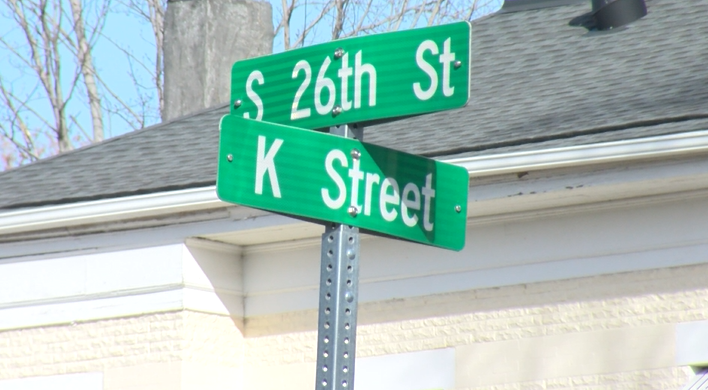City of Lincoln starts construction on pipeline for second water source
LINCOLN, Neb. (KLKN) — The City of Lincoln announced Thursday that it has started construction on a “major component” of Lincoln’s Water 2.0 Project.
Mayor Leirion Gaylor Baird and Lincoln Transportation and Utilities Director Liz Elliott hosted a press conference detailing the project.
A new water transmission main along 98th Street will be a link between the city’s current water source at the Platte River and its future second source from a wellfield and treatment plant at the Missouri River.
“This milestone in our Water 2.0 project also represents a connection between current and future generations of Lincolnites,” Gaylor Baird said in a press release. “I’m excited to think that, years from now, when our children and grandchildren turn on their taps and pour a glass of water, they can look back on this day as the start of our efforts to ensure their glass would always be full.”
SEE ALSO: Lincoln officials working to secure second water source
The new transmission main will be a single pipe that ranges in size from 54 to 60 inches and runs along the east side of 98th Street in northeast Lincoln.
It will be able to carry up to 60 million gallons of water per day.
This project is expected to be completed in 2026 and is paid for by $36 million in American Rescue Plan Act funds.
Water from both the Missouri and the Platte will flow through the new pipe into the city system by 2048, according to officials.
Officials said the main will also connect the northeast pump station — at 98th Street and Alvo Road — to the Vine Street Reservoir.
Elliott said that will help ensure redundancy for Lincoln’s water system if either reservoir is affected by power outages or severe weather like flooding or drought.
POLL OF THE DAY: Do you think a second water source would benefit Lincoln?
To help decrease construction time, Elliott said LTU is dividing the work into two projects that will be built simultaneously.
“When the final connection is made, the 98th Street transmission main will be a crucial piece of infrastructure that will help support the city’s growth, provide backup in case of potential challenges or natural disasters, and make the water distribution system more flexible and reliable for the future,” Elliott said.
For more information on Water 2.0, visit the City of Lincoln’s website.



